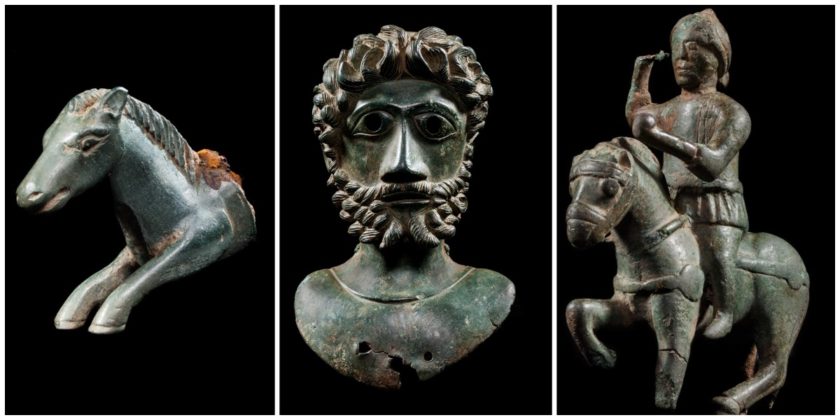UK Government extends definition of ‘treasure’ to preserve historical artefacts

The UK government has broadened the definition of ‘treasure’ in order to ensure that artefacts of archaeological, historical, and cultural importance, discovered after 1700 and containing metal, are better protected.
This move is aimed at improving the preservation of important artefacts for the nation, and will make more finds available to the public for display in museums across England, Wales and Northern Ireland.
The current definition of ‘treasure’ applies to newly discovered artefacts which are more than 300 years old and made of precious metal or part of a collection of valuable objects or artefacts.
However, this definition has been expanded so that exceptional finds over 200 years old that provide insight into the country’s heritage will also be classified as ‘treasure’.
The redefinition of treasure has been prompted by several recent discoveries that fell outside the scope of the current Act, including the Ryedale Hoard and the Birrus Britannicus figurine.
The new criteria will apply to rare objects, those providing insight into specific events or people, and those that shed light on important regional histories.
Arts & Heritage Minister Lord Parkinson of Whitley Bay said: “We are changing the law so that more artefacts uncovered by archaeologists and members of the public can go on display in museums rather than ending up in private hands. ’”
“This will make sure they can be studied, admired and enjoyed by future generations.”
The reform of the Act will update its Code of Practice to recognise the fundamental role of the Portable Antiquities Scheme (managed by the British Museum in England) in ensuring the successful operation of the Act.
The Treasure Act 1996, which applies in England, Wales and Northern Ireland, was introduced to enable archaeological discoveries to be acquired by museums.
The widened definition will enable the government to preserve important artefacts for the nation.
The statutory instrument to widen the definition is due to be laid in Parliament on Monday 20 February.
It will be made under the Treasure Act 1996, which provides the Secretary of State with powers to designate new classes of treasure. If Parliament approves the change, it will come into force four months after signing.
The Treasure Act is administered by the British Museum in England with support from the Portable Antiquities Scheme, by Amgueddfa Cymru – Museum Wales in Wales, and by National Museums NI in Northern Ireland.
Spotted something? Got a story? Send a Facebook Message | A direct message on Twitter | Email: News@Deeside.comLatest News









